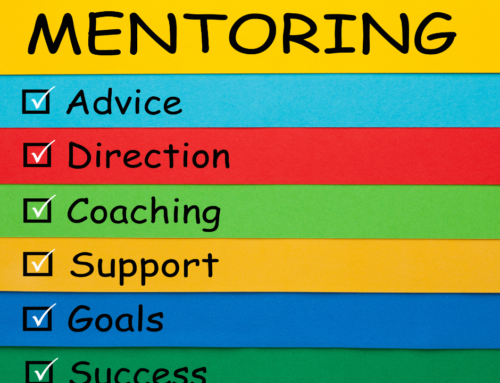Self-Reflection as A Leadership Tool to Empower Others
At a time in our human history, when what “trends” is how we look at and perceive the actions and words of others, leaders can miss out on the real key to their success; self-reflection.
What others do or don’t do can certainly impact our lives, but what we do or don’t do determines our lives.
Self-Awareness is not a new topic for this blog. I like to remind myself, and therefore you too, to be mindful, self-aware, and alert to our inner drives and motives. Every success story requires the protagonist to step aside from the norm and fully inhabit their potential. Of course, no one said that was easy!
Self-Reflection is Not Only About Us
In a previous article, I focused on the importance of self-awareness as a highly beneficial aspect of having a balanced and fulfilling interior life.
But self-reflection is not only for our benefit. Keen awareness can positively impact our leadership style and outcomes.
What is Self-Reflection?
Once we recognize that self-reflection or awareness is a critical component of our emotional intelligence, as leaders, we know it is non-negotiable to our success. What do I mean by self-awareness?
Self -Awareness broadly defined is tuning into our personality and individuality in order to view ourselves and our emotions. We become a third eye. We view our day-to-day actions and interactions (or quiet times) with a new perspective and curiosity.
Being self-aware is not only an ability to see yourself as your true personality. You allow yourself inner guidance by that knowledge in your daily interactions with others.
Self-Awareness Can Alert You to The Good, Bad and Ugly – in You.
It serves an equally important function by creating dissonance during those moments when you are not behaving as your true self or perhaps better said, the best version of yourself.
Hopefully, such dissonance inspires you to seek a way to bridge that gap.
Self-awareness is a fundamental aspect of one’s psychological maintenance, development, and perspective. Closely aligned with emotional intelligence, our self-perception is a vital key to successful leadership. Many different factors make a great leader, and a heightened self-awareness is one of them.
Most successful leaders have, to some extent, honed their ability to recognize themselves. They understand that they are individuals who can be separated from their environment, the individuals around them, or any predicament they may find themselves in.
But it is easier said than done!
Are You Open to Seeing Yourself?
Emotionally intelligent leaders can look at themselves through different lenses and are open to seeing the good, the bad, and the ugly. They understand that resisting the idea that they are less than perfect in some way, limits their ability to soar despite the “human condition.” The bad and the ugly are not necessarily ever banished from our lives, but managed by our hierarchy of values.
Through this process—and it takes time—leaders can start to improve their ability to self-reflect.
What is Your Objective?
Self-reflection is only as good and beneficial as the objective behind it. When considering the leader’s role in self-reflection, our scope is broader. We perceive not only ourselves but our teams and organizations using the same tools.
How did we arrive where we are today? What did we do better than we imagined? How did we surprise ourselves? What changes or warnings can we imagine for the future “us?”
Tools to Keep You “Looking”
There are some useful tools at a leader’s disposal.
- Some leaders meditate and practice mindfulness to develop one’s emotional intelligence and self-awareness. I highly recommend it!
- Others may prefer writing down their thoughts as a way of looking back and reflecting on different issues or challenges.
- Executive coaching can help with additional support and guidance. A common challenge to a leader’s personal attempt to perform a thorough assessment of their leadership style is the gap. Or one might better describe it as the chasm between how they see themselves versus how others see them. Coaches can pose important, challenging questions, and provide additional tools that can facilitate the process of self-discovery.
I Work With and as a Coach
Working with a coach helps me by providing an opportunity to work one-on-one, and often in challenging ways, with my long-held assumptions. A coach can assist in reframing problems and providing valuable feedback that can elevate the process of self-reflection to unexpected levels.
By working with a leader to identify negative traits, coaches help direct the process through collaborative approaches that alter mindsets.
Reflection in A Pool of Possibility
We are living in not only challenging times but times raft with possibilities. We could go, and will probably need to lead our teams into unknown territory.
The only way leaders can genuinely evolve and excel in their role is to continually evaluate and reflect on their performance, decisions, and interactions. With that honest account of oneself, you can accurately and passionately employ a compass to map out a path to growth.






